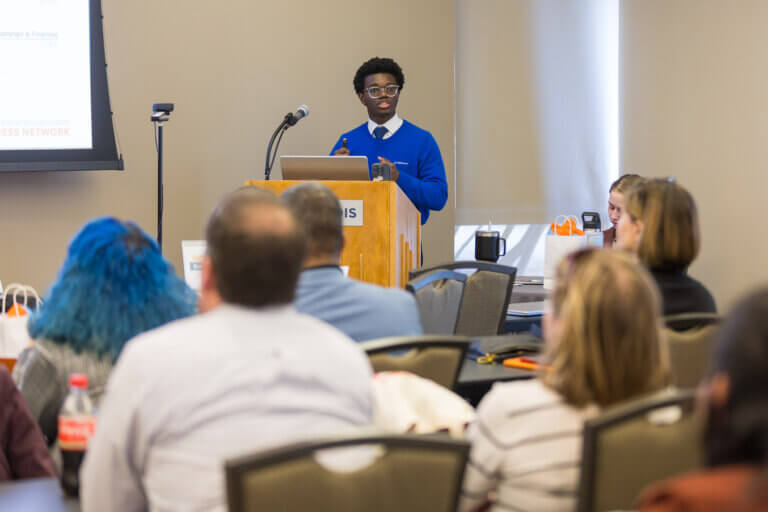As the school year gets underway and the veto session approaches at the end of October, we are reflecting on the spring’s legislative session to celebrate some exciting college and career readiness wins.
The Biggest Win: Improving the Illinois Articulation Initiative for Education Pathways and Beyond
We were thrilled with the passage of SB2288/Public Act 103-0469, which amends the Illinois Articulation Initiative Act. The bill does two critical things: it (1) enhances the requirements around direct major-specific transferability of courses and (2) requires the creation of an Illinois Articulation Initiative (IAI) panel in elementary and secondary education.
Since 2022, EdSystems has focused our education pathway policy work on the transferability of education major courses. EdSystems convened an action team on behalf of Advance Illinois’ Education Advisory Group, culminating with an advocacy campaign that 160+ educational leaders from across Illinois supported.
As a result of this campaign, the Illinois Community College Board (ICCB) initiated legislation that amended the IAI to enhance the promise of acceleration and alignment for students completing major courses at the community college level and improve our postsecondary institutions’ abilities to promote seamless and quality career pathways in education in particular. SB2288 was signed into law effective January 2024. EdSystems will continue to monitor progress on the IAI education panel and attempt to align transferable courses to our Model Programs of Study Guides in Education.
College and Career Readiness Funding Wins in the FY24 Budget
This year’s approved budget includes a number of causes to celebrate. In addition to a $350 million increase to the overall evidence-based funding formula, Career and Technical Education (CTE) received a $4.66 million increase, which we believe will help scale quality CTE across the state. Further, the budget includes $3.15 million to ICCB for dual credit, which will support staffing and catalytic grant funding for scaling quality dual credit across the state. We hope to see ICCB leverage this new funding to deepen their partnership and collaboration with the Illinois State Board of Education (ISBE) and promote increased collaboration between colleges and high school districts around the state.
The approved budget also includes two critical increases to student financial aid, increasing the Minority Teachers of Illinois (MTI) scholarship by $3.8 million and the Monetary Award Program by $100 million. These increases will support equitable access to postsecondary and increase the diversity of the educator pipeline.
Finally, we are eager to see how ISBE will utilize its new allocation of $45 million for a pilot related to the teacher shortage. This will fund the first year of a three-year pilot to fill teacher vacancies. Coupled with the forthcoming IAI amendment, education pathways implementation through College and Career Pathway Endorsements and CTE, and the “pull” mechanisms through the MTI and other currency for completing education pathways, we think the state is leveraging many tools to address critical teacher pipeline challenges.
Additional Highlights from the Spring 2023 Session
Beyond the highlights above, we tracked a number of bills pertaining to college and career readiness and the teacher pipeline that passed this past session:
- HR 62 (Teacher Recruitment System): Urges ISBE to support the state goal of increasing the number and diversity of Illinois’ educator workforce by collaborating with the IBHE, ICCB, and Illinois Student Assistance Commission to develop and launch a statewide teacher recruitment system by July 1, 2024.
- HB 3590/Public Act 103-0353 (Student Career Development Liability Insurance Advisory Committee): Requires the Illinois Department of Commerce and Economic Opportunity to convene a representative committee to develop and provide recommendations for providing liability insurance to participants in secondary or postsecondary career development experiences or apprenticeship programs, as well as public school teachers who participate in externship programs and community college faculty who participate in externship programs. This will help address some of the liability and insurance barriers facing practitioners in implementing robust work-based learning around the state.
- SB 2031/Public Act 103-0503 (Expanded High School Snapshot Report): Emerging from a student-led initiative, this aims to make more disaggregated data available publicly. Beginning in 2027, ISBE will be required to publish a standalone “Expanded High School Snapshot Report” that includes data around coursework offerings, participation, and teacher experience, disaggregated by demography. These data can support thoughtful conversations about equity in access to things like advanced coursework and quality instruction.
- SB 2240/Public Act 103-0401 (Individualized Remediation Data): Beginning in January 2024, each community college board must provide its member high schools with individualized remediation data for their past students who have enrolled in the community college for any term upon request. While we will continue to advocate for more disaggregated remediation data to be included in the Illinois School Report Card, we see this as a win for increasing transparency and utilizing data for continuous improvement across the state.
- SB 2374/Public Act 103-0264 (Computer Science Equity Grant Program): Funded at $3 million in the signed budget, this will be a competitive grant program to support the development or enhancement of computer science programs in the K-12 schools. We hope that this funding will help address critical gaps as emphasis on computer science and digital literacy increases across the state.
- HB 1378/Public Act 103-0519 (Illinois Graduate and Retain Our Workforce –iGROW– Tech Law): Establishes the iGROW Tech Scholarship Program no sooner than the 2024–25 academic year for students pursuing tech degrees for jobs that are growing and offer high wages. We hope this funding provides strategic support for students to progress along career pathways into quality careers in tech.
- HB 3760/Public Act 103-0205 (Uniform Admissions PIlot): This expands the uniform admission system pilot beginning with the 2024–25 academic year to provide seamless admissions for qualifying community college transfer students. Along with the IAI enhancements, we hope to see this accelerate student progressions through postsecondary.





